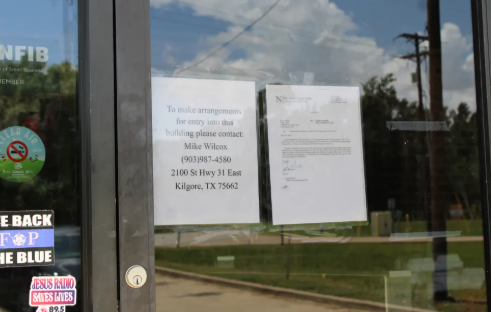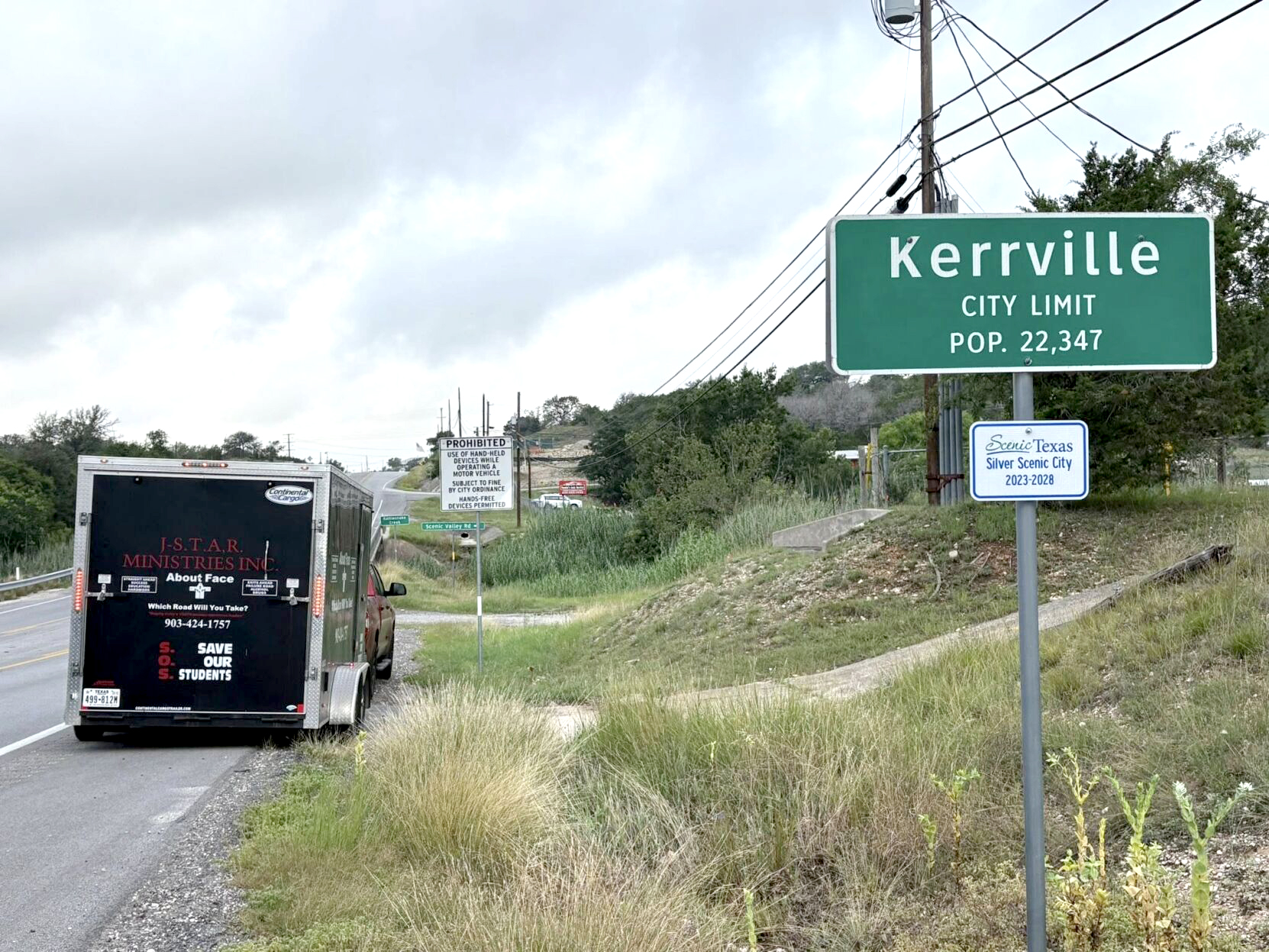The Rosh Hashanah message for mankind
Published 6:00 am Monday, September 30, 2019

- N1209P60006C.eps
Where there’s birth, there can also be rebirth. Perhaps that’s the most hopeful message we can take away from Rosh Hashana, the Jewish holy day that begins at sundown.
“We treat Rosh Hashana like a birthday, as a way to celebrate new beginnings, fresh starts and the spiritual renewal,” Tyler Rabbi Neal Katz has said.
It’s the beginning of a period often called the Ten Days of Awe. The Rosh Hashana liturgy not only celebrates the new Jewish year, it also sets the stage for the 10 days leading up to the Yom Kippur, or the Day of Atonement, Katz said.
“It is during those 10 days that Jewish people are called to a cheshbon ha-nefesh (Hebrew phrase meaning reckoning of the soul). We are called to account for our sins in the past year, clearly distinguishing between transgressions against fellow people versus transgressions against God,” Katz has said.
This sounds like a positive process for each of us, regardless of our faith.
“It is through a process of repentance, prayer and charity that we seek to change our behaviors, modify our attitudes, make restitution for our wrongs and seek forgiveness from other people. It is taught that when we have engaged this High Holy Day call to reckon our soul that we can then come before God on Yom Kippur and ask for divine forgiveness,” Katz has explained.
The High Holy Days offer a wonderful interplay between the frailty of human relationships and God’s forgiveness, Katz added.
“The interplay exists because God demands that we make peace with our family, friends and community before we approach God on Yom Kippur. It is a curriculum for self-improvement and spiritual growth,” Katz said.
Katz has made many presentations about the holy day to churches and other non-Jewish groups. That’s both appropriate and appreciated, because there’s a message for all of us in Rosh Hashana.
Some years ago, Christianity Today magazine, an evangelical publication, invited two rabbis to write about Rosh Hashana and what it might mean to Christians.
“Each year on Rosh Hashana, God inventories his world, comparing what each element was designed to contribute to the master plan with how well it has performed,” wrote rabbis Yitzchok Adlerstein and Abraham Cooper. “It is perhaps the most exhilarating part of Rosh Hashana — recognizing that each of us has a place, a purpose and a mission. Accountability follows. How good a job have we done this past year? As individuals, God will have to be the judge.”
As a community, they added, there’s still much to be done, but they saw hope in the “millions of people (who) apply themselves to providing food and shelter for those in need around the globe. … Strong voices speak out against injustice … for making the gifts of civilization accessible to a greater number of people.”
These are the fruits of rebirth and renewal. On this holy day, let’s strive to make them more and more abundant.






